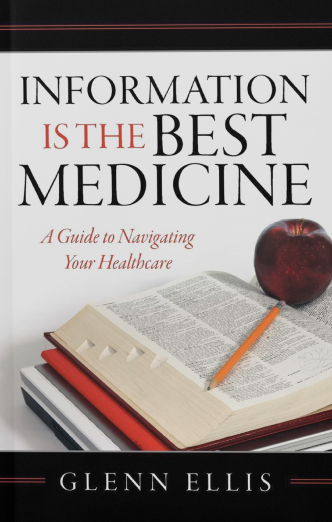Aging is a progressive, predictable process that involves the evolution and maturation of living organisms. Aging is inevitable, but the rate of aging varies greatly among individuals. Life expectancy is defined as the average number of additional years of life that is expected for a member of a population. It can be a useful predictor of actual longevity for a given individual. Like most species, humans almost always die of disease or accident before they reach their biologic limit.
While life expectancy at birth has increased significantly, life span, which is estimated at 85 to 100 years, has remained about the same. Eliminating the top ten causes of death would increase the life expectancy of people over the age of 65 by about 20 years, but the overall life span would not be affected.
In addition to environmental conditions, a person’s lifestyle is an important factor in how we age. Health behaviors such as not smoking, moderation in alcohol use, adequate exercise and rest, a diet high in fiber content, effectively handling stress, and a positive outlook have all been suggested as a means to better health and longevity. Since our bodies are made up of cells, it is useful to explore how these cells age.
The aging of cells can be classified in three ways: cells that are continuously dividing, cells that are resting but can be stimulated to divide, and cells that are past the replicating phase altogether. Examples of continuously dividing cells include cells in the bone marrow that produce red and white blood cells and the cells that line the gastrointestinal tract. Cells in the liver, parts of the kidney, and the cells lining blood vessels are examples of the second type of cells, also called quiet cells, whose function is to respond to tissue injury.
Aging is not the accumulation of disease, although aging and disease are related in subtle and complex ways. Several conditions once thought to be part of normal human aging have been shown to be due to disease. For example, heart and blood vessel diseases are less common in populations that eat no meat and little fat, and cataract formation in the eye is largely dependent on the degree of exposure to ultraviolet radiation in sunlight.
